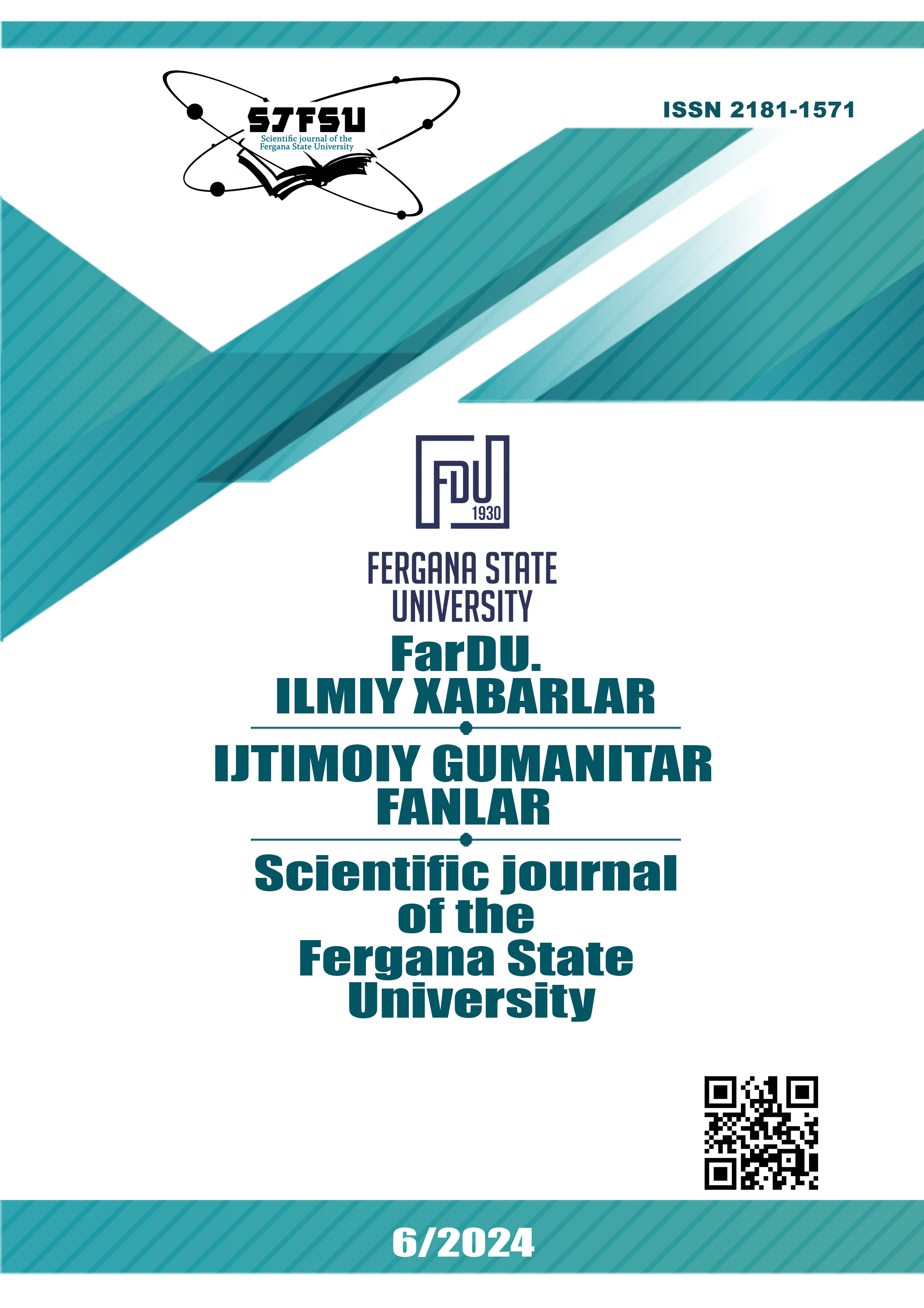THE PROBLEM OF INTERNET-NEOLOGISMS
Keywords:
Internet langauge, social media, Internet, neologism, Internet-neologism, abbreviation, meme.Abstract
The article delves into the influence of internet neologisms on modern language, highlighting their emergence from online interactions and platforms like social media and forums. It explores their creative, and informal nature, including abbreviations and Internet-memes. These neologisms often encapsulate contemporary social phenomena. Their integration into mainstream language is driven by widespread usage, cultural relevance, and media endorsement, enriching vocabulary and fostering global communication. The research analyzes challenges whcih include potential instability in linguistic norms and generational divides in terms of understanding language norms. The article highlights that internet neologisms underscore language's adaptability and dynamic evolution in the digital age.
References
Porubay, I. F. (2023). CONCEPTUALIZATION OF THE INTERNET LANGUAGE. BARQARORLIK VA YETAKCHI TADQIQOTLAR ONLAYN ILMIY JURNALI, 3(8), 11-16.
Porubay, I. F., & Ibragimova, E. I. (2021). ABOUT THE FEATURES OF SOCIAL MEDIA DISCOURSE (BASED ON THE EXAMPLES OF RUSSIAN AND ENGLISH LANGUAGES). Theoretical & Applied Science, (12), 482-486.
Porubay, I. F., & Khakimov, E. T. (2021). Abbreviations in contemporary internet-mediated communication. World Bulletin of Social Sciences, 5, 93-97.
Е. С. Батыжина, & А. А. Логинова (2020). Сокращения и неологизмы-аббревиатуры в англоязычной интернет-среде. Иностранные языки в контексте межкультурной коммуникации, (XII), 19-23. doi: 10.24411/9999-052A-2020-00004
Русский язык. Энциклопедия. Гл. ред. Караулов Ю.Н. 2-е изд., перераб. и доп.-М.: Большая Российская энциклопедия; Дрофа, 2008.-703 с.
Степанова И.Ж., & Бохиева М.В. (2018). Семантические неологизмы языка Интернета. Мир науки, культуры, образования, (2 (69)), 626-629.
Сычёва Анастасия Валерьевна (2018). Англоязычные интернет-неологизмы и формирование искусственного билингвизма. Полилингвиальность и транскультурные практики, 15 (3), 381-386.
Шанский Н.М. Лексикология современного русского языка : учеб. пособие для пед. ин-тов по спец. "Рус. яз. и лит."-2-е изд., испр.-М.: Просвещение, 1972.-327 с.
Downloads
Published
Issue
Section
License
Copyright (c) 2025 Scientific journal of the Fergana State University

This work is licensed under a Creative Commons Attribution-NonCommercial-NoDerivatives 4.0 International License.

